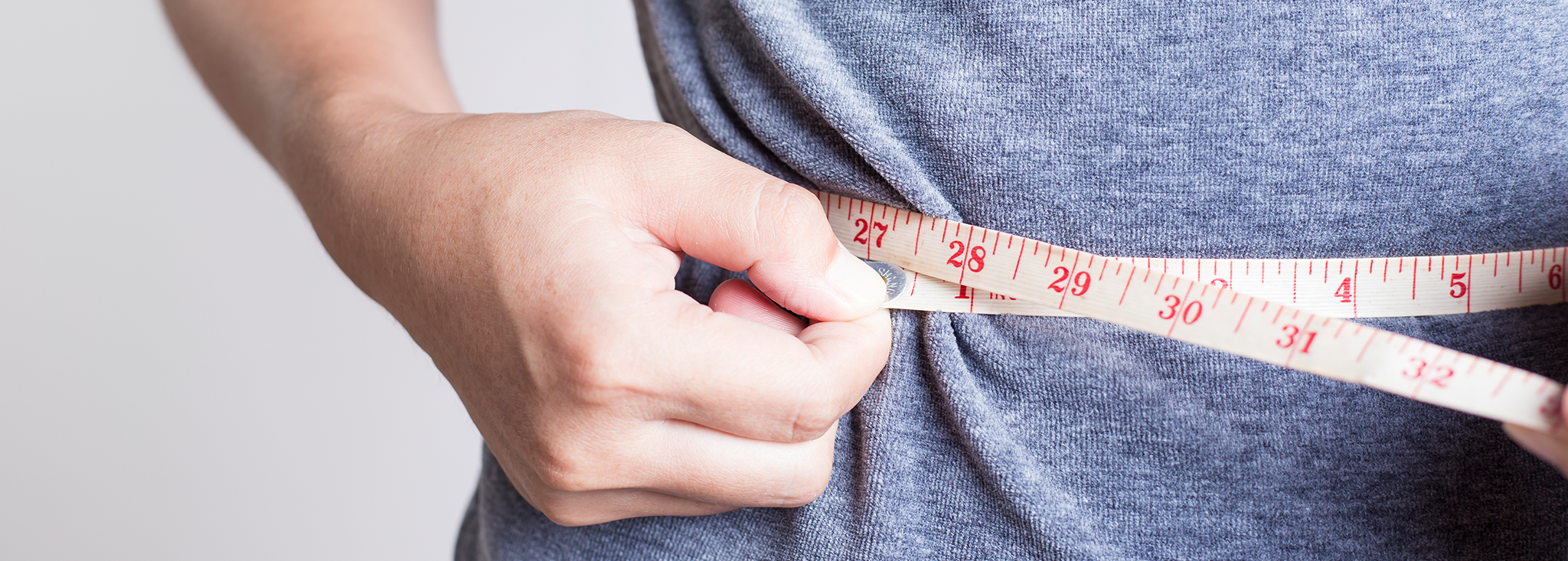Insulin and Weight Gain
You were just diagnosed with type 2 diabetes. You knew you lost a bunch of weight prior to your diagnosis and now that you’re on insulin, you’re noticing you’re starting to gain weight. Naturally, you may think it’s the insulin that’s the culprit and that’s sorta true. Let us explain the relationship between insulin and weight gain below.
Insulin and Weight Loss
One of the primary symptoms of type 2 diabetes is unexplained weight loss. This is due to the fact that our body has lost the ability to properly convert the nutrients from food into energy due to the lack of insulin production. High levels of blood glucose generate a feeling of hunger (polyphagia), so, even when people eat what would seem enough to feel full, they won’t, but will instead continue to feel hunger. All of which can cause weight loss. High blood glucose accumulates in our bloodstream and this excess is eliminated in the urine.
Why We Gain Weight after Beginning Insulin Treatment
When we start using insulin and continue eating the same food, insulin helps move the glucose into the cells, allowing the body to use it for energy. This improved function prevents an excess of glucose in our bloodstream.
Also, your body becomes dehydrated when your blood sugar is high (think about the times you get extra thirsty). So, when that excess blood sugar is excreted through urine, you’re also losing water, not weight. As your blood sugar normalizes, your body begins to retain more fluids to make up for the water it lost and improve your body’s water balance.
Managing the Weight Gain
Some people will think that insulin is the culprit of this weight gain and, sometimes, try to decrease or completely stop using it. Though you may experience weight gain after starting insulin, remember it’s a result of your insulin treatment working, therefore your blood glucose management is, too. Take your insulin medication as prescribed by your doctor. Approach your healthcare team and raise your concerns about weight gain. Without insulin, the risk of developing complications rises. However, there are safer and healthier ways to manage weight gain:
Improve Your Diet. When starting the use of insulin, you may want to revamp your diet plan. Avoid eating excess calories and consider downloading a calorie-counting app. You can also consult a nutritionist or learn how to build your own diet. Don’t feel like you need to skip on your favorite foods, either. Maintaining a balance that works for you is key.
Build a Workout Routine. If you’re already working out, you may want to consider increasing the intensity of your workout routine. If you’re new to working out, start with the basics. It’s easier to start with an activity you enjoy or are interested in trying. No need to join a gym either, you can workout at home, walk, run, or try yoga.
Be Kind to Yourself. Don’t ignore the emotional health aspects of this issue, especially if you’re someone who’s battled weight issues. Learn the different ways to manage diabetes distress and burnout—mental health is as important as physical health.
Diabetes education is essential at this stage of your life, and if you need extra help, find a certified diabetes educator. Diabetes Educators are a key piece in the comprehensive treatment of diabetes of different types. We can help you acquire skills and abilities for the proper use of insulin and its relationship with weight, nutrition and exercise. Also, we will help you learn concepts related to the use of insulin such as hypoglycemia.
In the end, weight gain after you’ve started insulin treatment isn’t abnormal—it’s a sign that your treatment is working. But if you still want to lose weight, there are other ways to do it. Remember that the most important thing is to have adequate communication with your doctor. Do not alter your medication dosages without your doctor’s approval. Approach your team if you have doubts about the dose of insulin you need.





